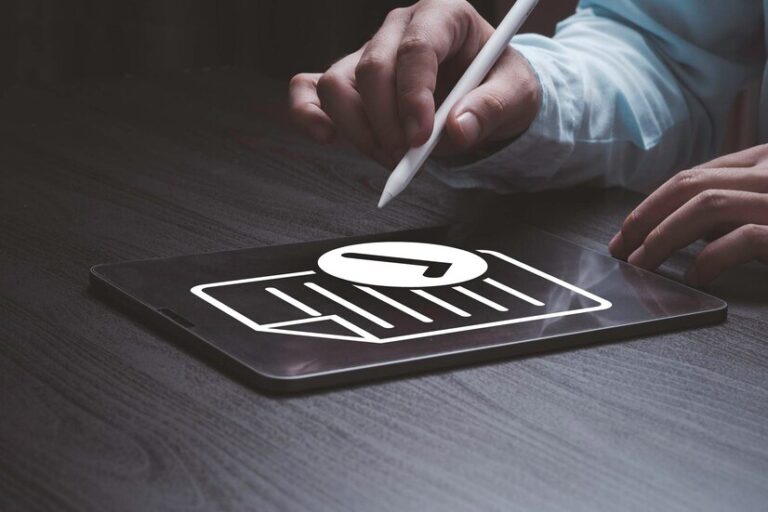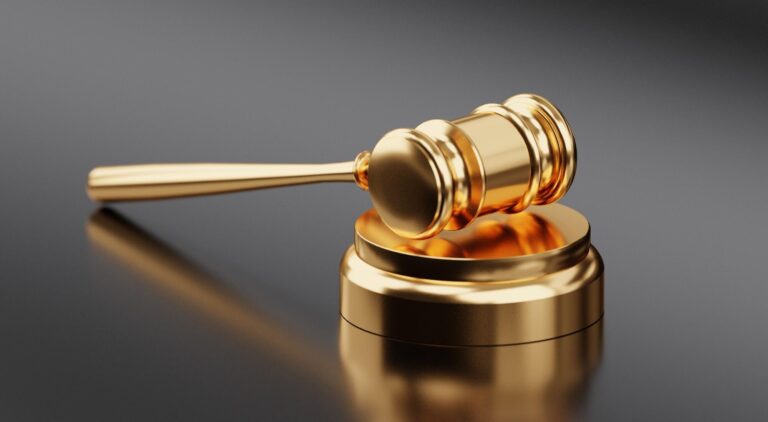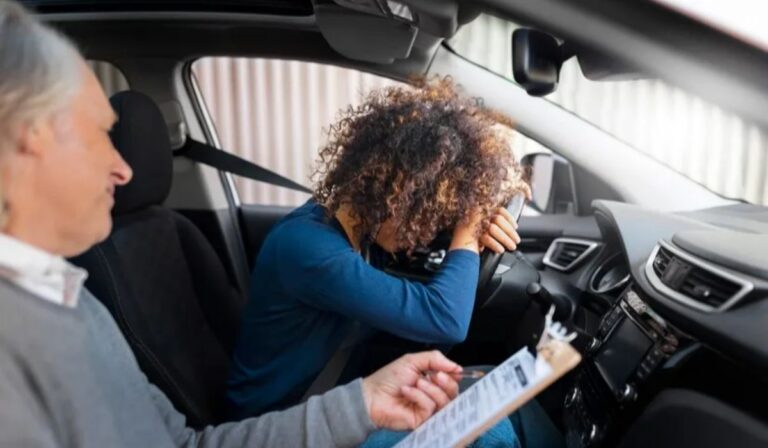How Legal Representation Can Help You with Drunk in Public Charges
Why Legal Representation Is Essential
Facing a “drunk in public” charge can be daunting, especially if it’s your first time dealing with the legal system. Having legal representation is essential for navigating the system’s intricacies. An experienced lawyer, such as an intoxication assault lawyer, can help you at every stage, ensuring your rights are upheld and offering you the most vigorous defense.
An attorney’s expertise includes:
- A deep understanding of legal precedents.
- Knowledge of procedural rules.
- The ability to negotiate favorable plea deals.
These advantages translate to increased chances of a positive outcome in your case. You are moreover, having a professional who can articulate your defense clearly and convincingly can make all the difference in court. Attorneys can also spot holes in the prosecution’s case, which may result in fewer charges or a dismissal.
Additionally, legal representation provides you with an advocate who can manage all the paperwork, filings, and court appearances on your behalf. This alleviates much of the stress and confusion often associated with legal proceedings. The peace of mind from knowing a skilled professional handle your case cannot be overstated.
Common Defenses for Drunk in Public Charges
Several legal defenses can be utilized to contest “drunk in public” charges. These include but are not limited to:
- Lack of Intent: A typical defense is to show that you had no intention of disturbing the public. For instance, you might have been seeking help or waiting for transportation when arrested. Intent is a crucial component of many criminal charges, and if intent is absent, the foundation of the charge may crumble.
- Medical Conditions: Highlighting medical issues that may have been mistaken for intoxication can be a strong defense. Conditions such as diabetes, neurological disorders, or even severe fatigue might mimic the signs of alcohol intoxication. Presenting medical documentation or expert testimony can substantiate this defense.
- Improper Arrest: Challenging the legality of the arrest itself is another viable defense. Charges may be dismissed if law enforcement did not follow the proper protocols or did not have probable cause. For example, if the arresting officer failed to read your rights or detained you without sufficient evidence of public intoxication, those lapses in procedure can be grounds for dismissal.
Every defense tactic needs a deep comprehension of the particulars of your case. Your attorney will evaluate the evidence, identify possible defenses, and craft a customized legal strategy tailored to your situation.
How to Prepare for Court
Obtaining pertinent evidence, such as witness testimony and medical records, to support your case is part of preparing for legal challenges. Understanding court procedures and etiquette can ease the stress of the trial process. Familiarizing yourself with courtroom etiquette and practicing responses to potential questions can also help. An attorney can help through mock trials to better prepare for the proceedings. Understanding prosecutors, judges, and other court personnel’s responsibilities is also essential. Dressing appropriately and arriving early for court appearances boosts confidence and shows respect for the court.
Understanding Local Laws
Local laws regarding public intoxication vary across jurisdictions, making it crucial to stay informed about the charges against you and potential penalties. Being informed of local regulations is vital since excessive alcohol use can have serious legal and health repercussions. Some states consider public intoxication a criminal offense, while others view it as a public health issue. Understanding these nuances can influence your defense approach. Understanding the wider societal ramifications of these laws can facilitate navigating the judicial system and guide possible defense tactics. Demonstrating responsible behavior and addressing underlying issues like substance abuse can positively impact your case.
Resources to Assist You
Legal aid societies, community groups, and online platforms provide valuable support for individuals facing “drunk in public” charges. Websites like ABC News provide updates on changes to laws and regulations, offering detailed guides on legal rights and case handling instructions. Attending local workshops and seminars on legal rights and responsibilities and free or low-cost legal education sessions can help navigate the legal system effectively. Online forums and support groups offer peer advice and moral support, while community resources like counseling services and substance abuse programs can address underlying issues. Proactively seeking help and demonstrating a commitment to positive changes can positively influence your case.







